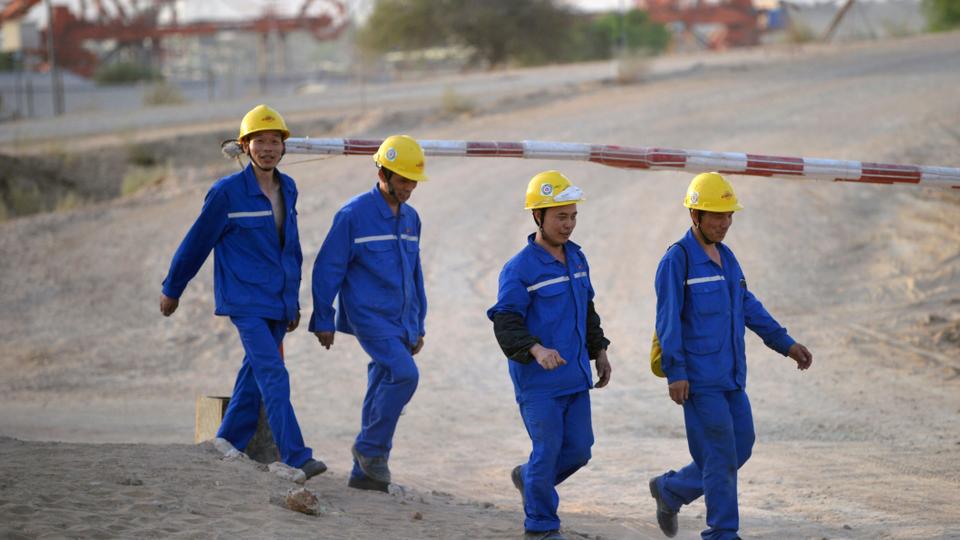Health needs of millions of Chinese nationals working in Pakistan require specialised health facilities, based on both modern and traditional treatment systems, says Vice Chancellor Health Services Academy Prof Dr Shahzad Ali Khan.Senior Pakistani public health expert has said that there would be around five million Chinese nationals working in Pakistan by 2025 whose health needs can only be met by enhancing collaboration between Pakistani and Chinese medical universities, research institutes and biotechnological firms under the China Pakistan Health Corridor (CPHC).
Vice Chancellor Health Services Academy (HSA) Prof Dr Shahzad Ali Khan told Pakistan’s The News International newspaper, “In order to meet the health needs of millions of Chinese nationals working in Pakistan, Afghanistan and Central Asian States, we need to have specialised health facilities, based on both modern and traditional treatment systems. This can only be achieved by enhancing collaboration between Pakistani and Chinese health institutions under the China Pakistan Health Corridor.”
Khan said talks were in advanced stages to sign multiple, joint collaborative agreements with different Chinese academic, research institutes and biotechnological firms.
During the 11th Annual Public Health Conference in Islamabad on September 23-24, 2021, several Memorandums of Understanding would be signed between Pakistan and Chinese institutions, he added.Training for Pakistani experts
“We wish to train Pakistani experts in modern medical technologies as well as traditional Chinese medicines, which is a treatment of choice by millions of people in China. These experts would not only fulfill the medical needs of visiting Chinese nationals but also of the Pakistani people, who believe in alternate medicine,” Prof Shahzad Ali Khan said.
In the first step, Chairman China Pakistan Health Corridor Dr Lee, also the VC, HSA, will sign an MoU for the HSA’s joining into the China Pakistan Health Corridor, he said.
The Department of Public Health of Wuhan University will sign an MoU for multiple cooperation in the academic partnership between China and Pakistan in the field of public health, he added.
“The main component of this collaboration will be digital health, medical technology, traditional medicine and joint health research projects,” the HSA vice chancellor added.
WHO Traditional Medicine Foundation of China will seek collaboration with HSA in the field of Traditional and Alternative Medicine (TAM) in Pakistan, Prof Khan said, adding the Digital Human will sign an MoU with HSA for the establishment of the Digital Human Project and Digital Medicine Lab in HSA, Islamabad.
“With its headquarter in Jinan, China, China Pakistan Health Corridor initiative is multidisciplinary interconnected group of centres consisting of medical universities, hospitals, pharmaceutical, traditional medicine academies, research and training centres, in countries, along Belt and Road linked together by Telemedicine, Artificial Intelligence, VR/AR and Big Data,” he said.
He said that the China Pakistan Health Corridor has multiple initiatives between Chinese and Pakistani universities, hospitals and medical institutes.


Comment here